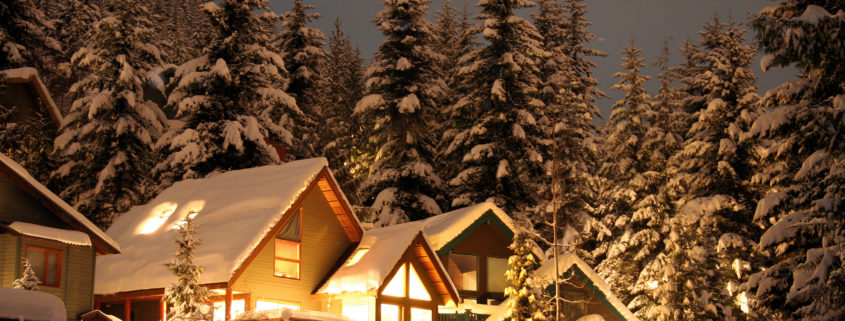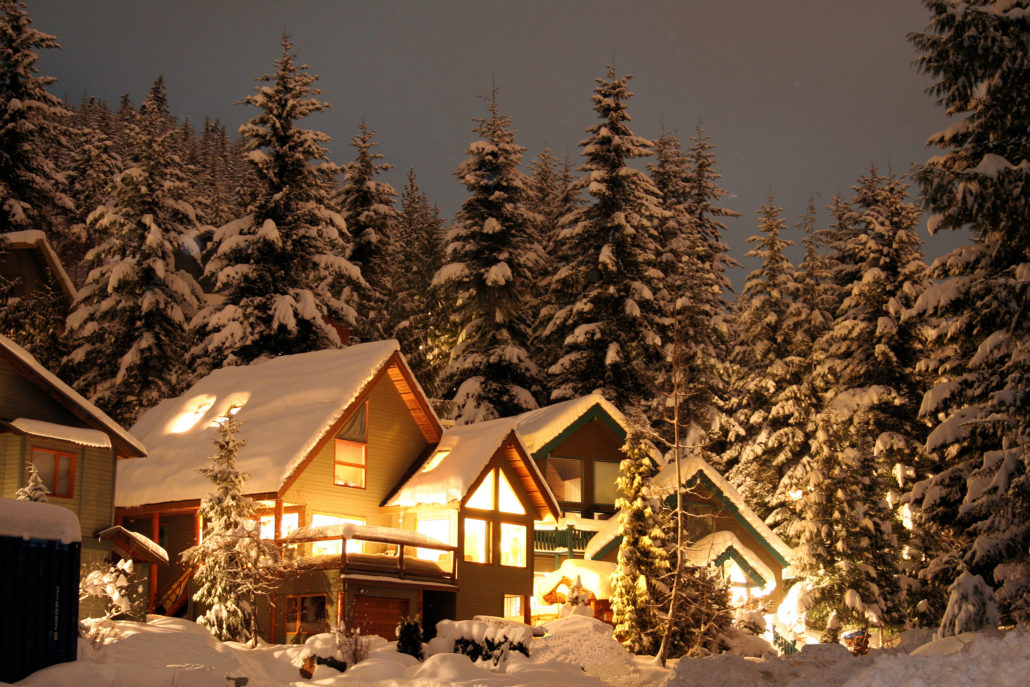Old Man Winter Returns! A Guide to Winterizing Your Home
Winterizing your home can prevent unforeseen seasonal disasters as well as ensure your comfort and peace of mind all season long.
While death and taxes may be a certainty for everyone, there’s another particular thing that’s certain for Canadians: winter!
British Columbians may not be yet in the full throes of the season, and it’s easy to succumb to denial in these relatively mild days preceding Old Man Winter’s official arrival, it’s still important to be prepared. Because winter, of all the seasons, has got to be the worst to get stuck amidst some kind of (preventable!) home disaster.
There’s no better time than during this brief reprieve of pleasant weather to ensure that your home is ready for the inevitable drop in the mercury. To guide you, here are 10 fairly easy essentials for winterizing your home so you enjoy peace of mind as well as a more comfortable – and energy saving – season.
- Test and maintain smoke detectors and carbon monoxide detectors.
- Ensure your furnace, wood stove and any other heating sources are in good working condition. Have them inspected, maintained and cleaned. During the heating season, clean or replace furnace air filters more frequently.
- Fill the gaps – even small gaps around the perimeter of your windows can let a lot of cold in. Caulk around the exterior of your windows is an easy and quick way to keep the warmth in where it belongs!
- Run water through all plumbing fixtures regularly.
- Test plumbing shut-off valves.
- Inspect your attic for frost accumulation, and check your eavestroughs and roof for potential ice dams or icicles. Be sure that your attic space is adequately insulated. The easiest way to amp up your insulating power is to buy some bags of fibreglass or mineral wool insulation and simply lay the batts on top of what’s already there, fitting them snugly against each other to prevent air gaps.
- Keep your sidewalk and the front stairs of your house clear of snow and ice.
- Keep snow away from gas meters, gas appliance vents, exhaust vents and basement windows.
- Trim branches that are close to your house or electrical wires.
- Prevent freezing of pipes by fitting exposed pipes with insulation sleeves or wrapping.
One last important one for anyone leaving on vacation, even for a few days: leave the heat on and have someone you trust check on your home while you are away to prevent any disasters from occurring in your absence.


